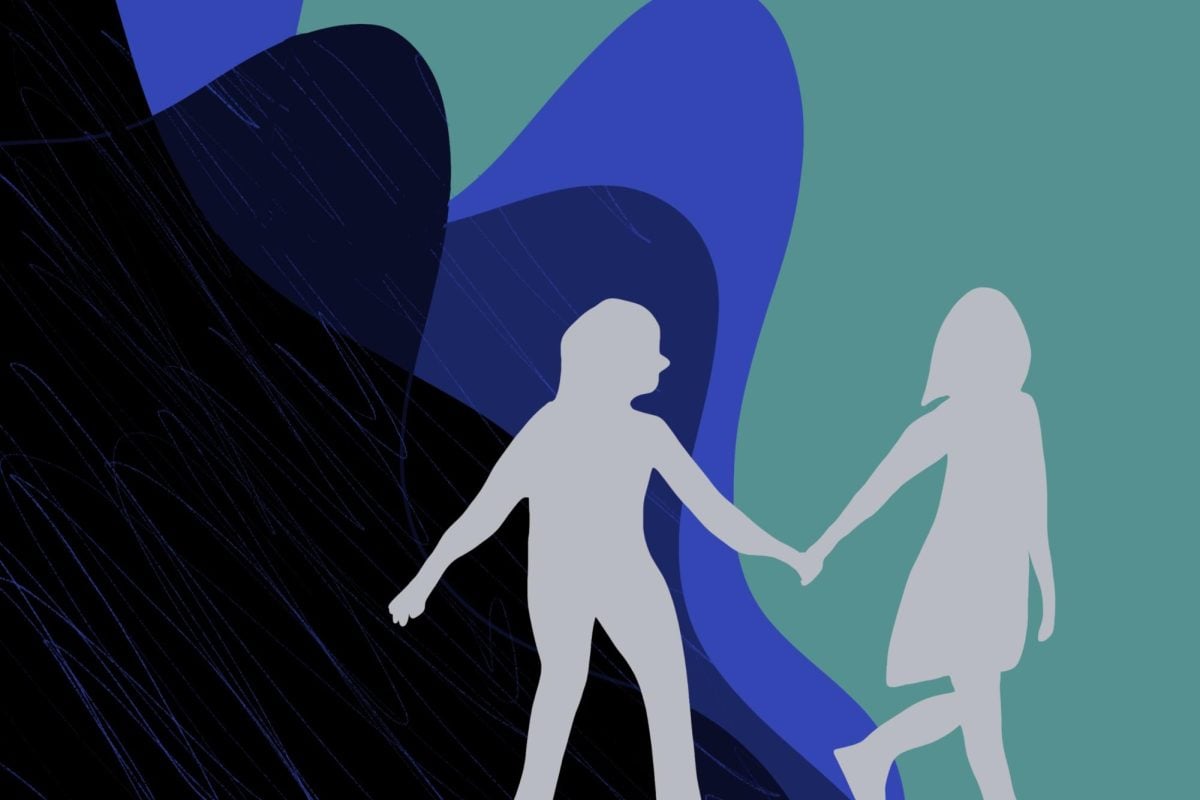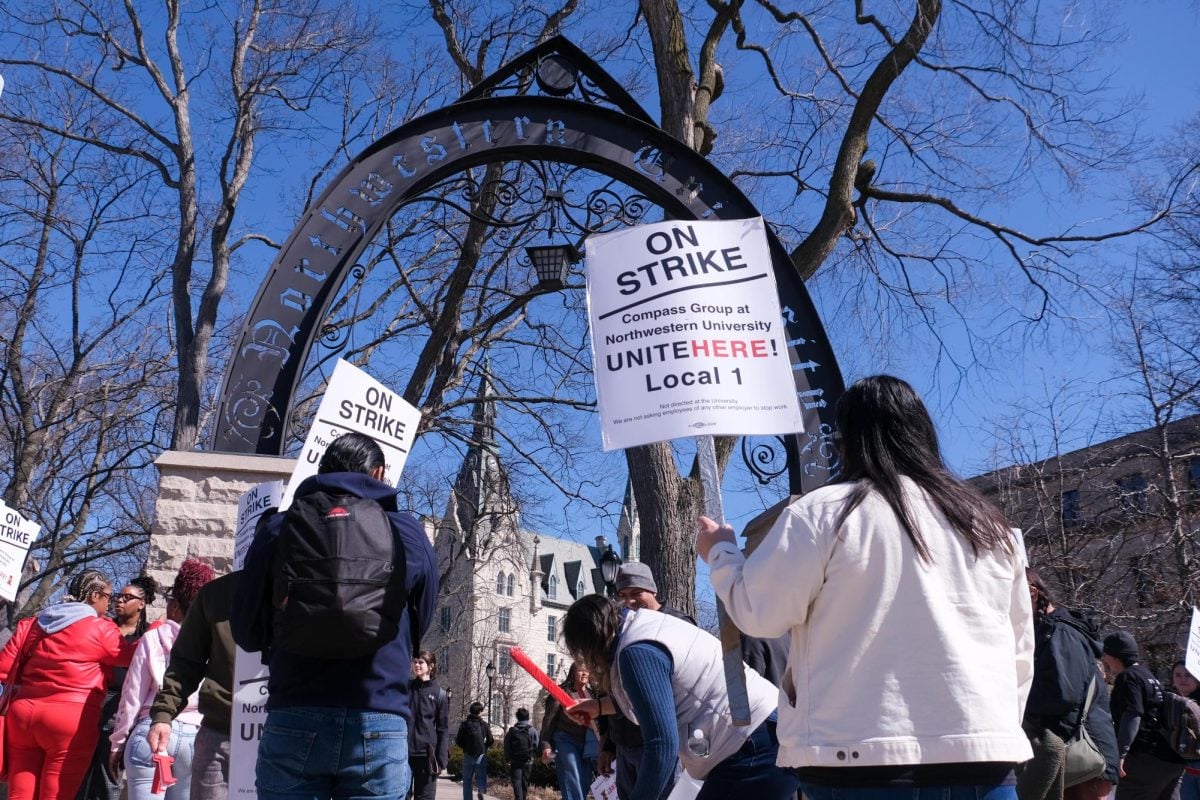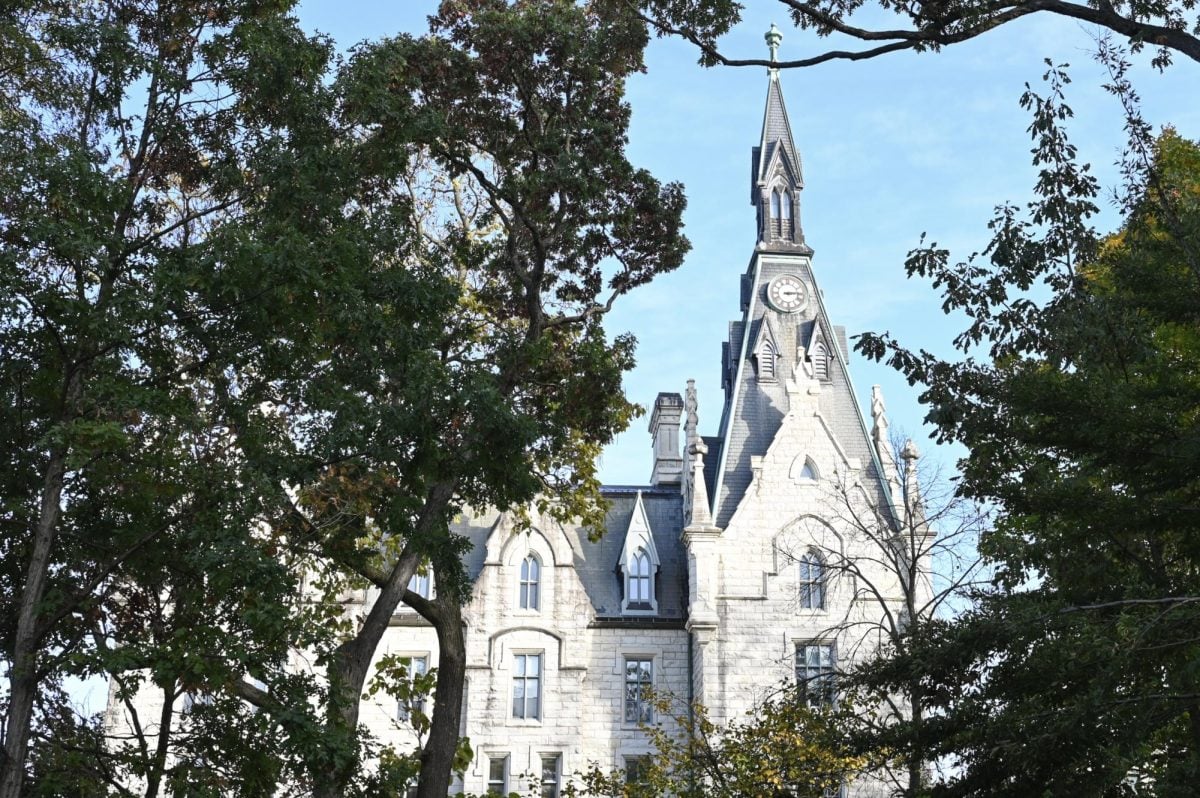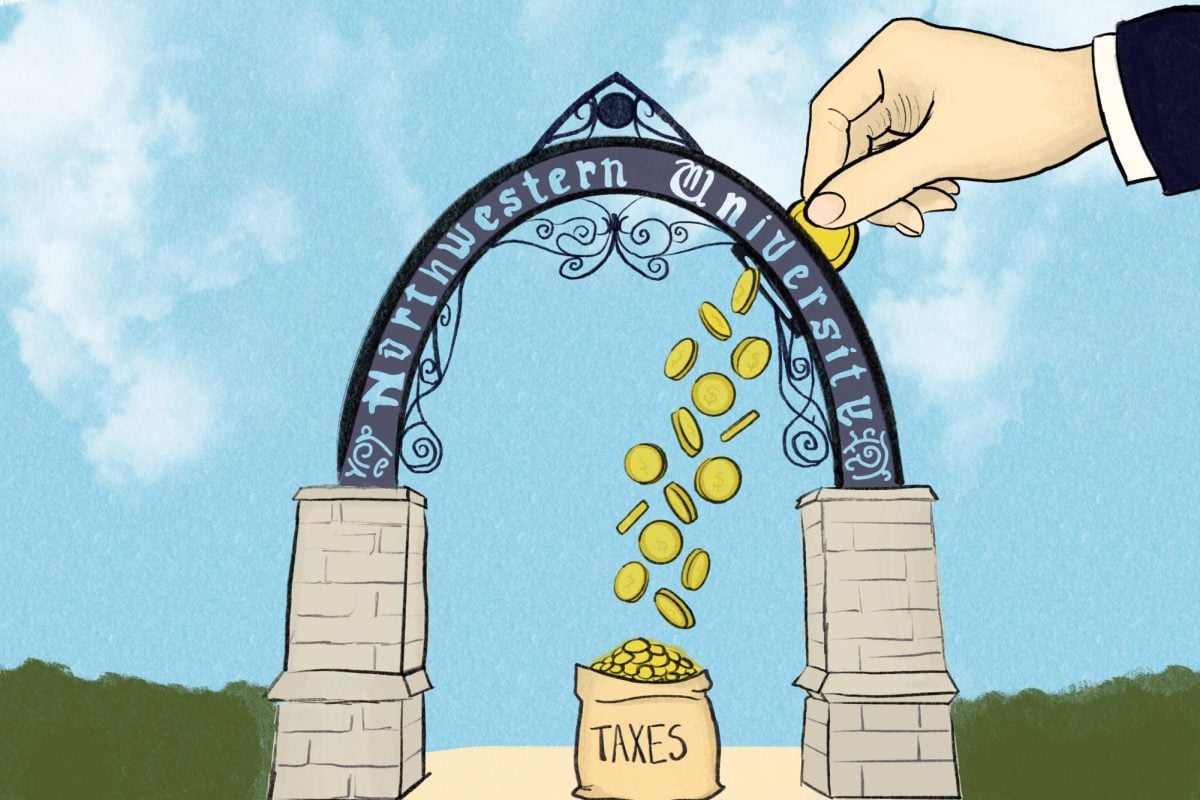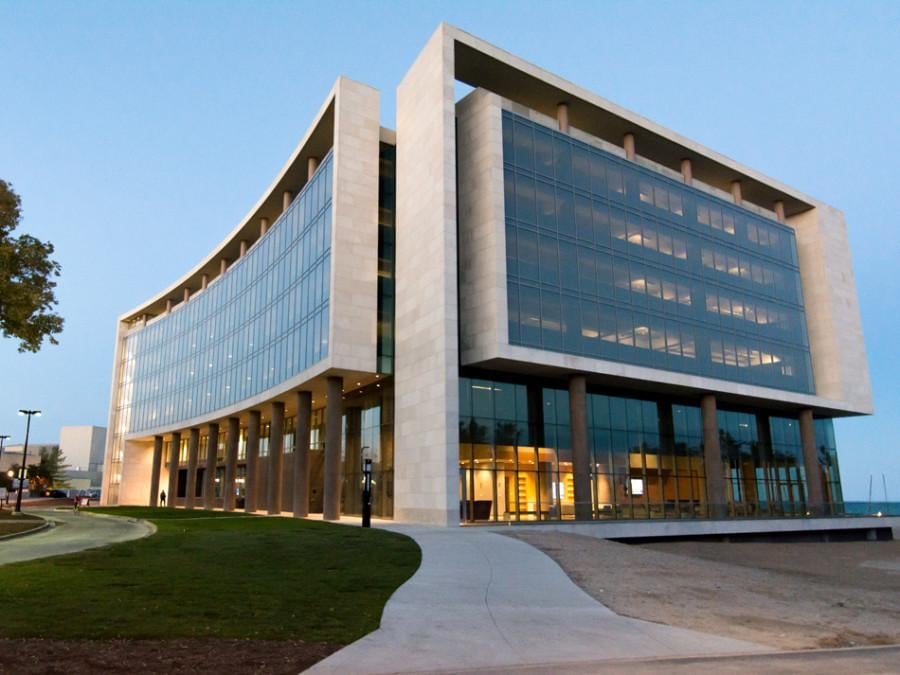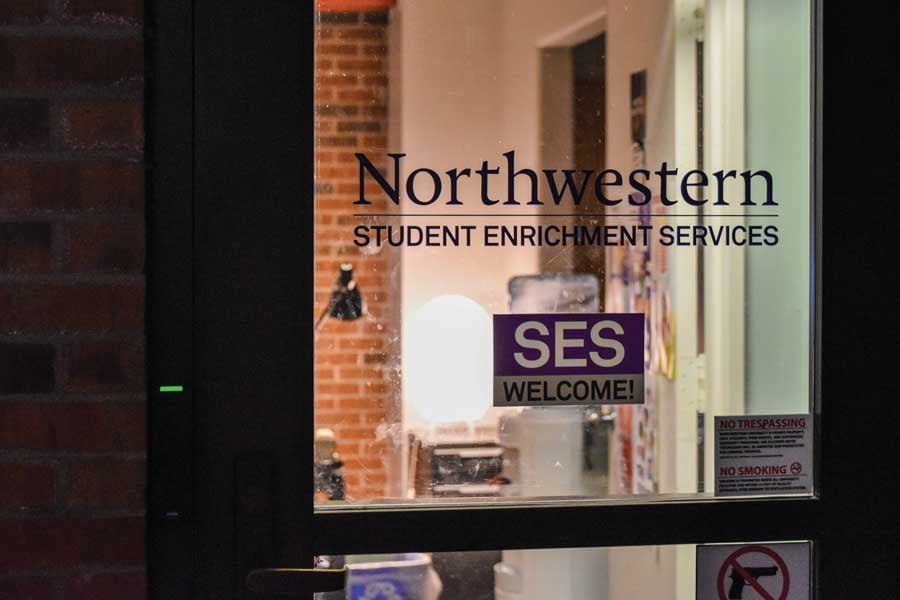Content Warning: This article contains mentions of mental illness and suicide.
In addition to being roommates and best friends, Communication senior Gretchen Raedle and Weinberg senior Julia Winck realized last year they had something else in common: They had both lost friends to suicide.
After discussing how the experience had impacted them, they decided they needed a supportive space for those impacted by suicide on campus, and the Northwestern American Foundation for Suicide Prevention club was born.
The members of the new AFSP club are working on plans for a fundraising walk and other campus initiatives in hopes of destigmatizing mental illness on campus.
“I feel like in doing this, it’s my way of honoring my friend while also selfishly creating a space where I can meet other people who have been affected by (suicide),” Raedle said.
Raedle said she encountered several deaths throughout high school, including one very close friend who died by suicide when Raedle was 15.
When she came to NU, Raedle said she went to several support groups in the area. Though they were helpful, she noticed a large age gap between herself and the other group members.
Raedle and Winck figured there must be other students who have been impacted by suicide and are looking for support, which inspired them to start the club.
“We recognized that it felt productive and helpful for us to talk about it,” Winck said. “One day, Gretchen said, ‘I want to do something with this, because it feels weird to have all this energy about it and all these feelings about it, and I want to channel them into something.’”
Winck had participated in an AFSP Out of the Darkness Walk in honor of a friend she lost to suicide about a year and a half ago, which gave her the idea to connect with AFSP.
After recruiting five other members for their executive board, Raedle and Winck started promoting the club through social media and an interest form. Based on the interest they’ve received so far, Winck believes the club is “overdue.”
Raedle and Winck reached out to the Illinois Chapter of the AFSP last spring and submitted the proposal for a new student organization this fall. The student organization approval process took longer than they expected, and the club was thus unable to participate in the Winter Organization Fair.
“That was a little bit of a setback because it’s such an important thing, and we want to get momentum,” Raedle said. “To not feel like we were fully supported (by the University) was a little bit aggravating.”
University spokesperson Erin Karter told The Daily that Student Organizations and Activities received a “record number” of applications for new student groups this fall, which was responsible for the delayed processing time.
Since the approval, the club has started planning its main event of the year: an Out of the Darkness Walk tentatively scheduled for early May. The walk acts as both an awareness and fundraising event, as AFSP is not federally funded and relies heavily on donors.
The club’s executive board has also talked about hosting speakers and working with Counseling and Psychological Services to create a support group. According to Karter, CAPS would welcome the opportunity to connect with AFSP.
Although AFSP has collaborated with other universities in the past, NU is the first campus to officially establish a college club in Illinois. Angela Cummings, the executive director of the Illinois AFSP Chapter, said she hopes NU will be the first in a long line of AFSP college clubs across the state.
“During the pandemic, adolescents and college students self-reported increased rates of anxiety and depression,” Cummings said. “So we have been making a concerted effort to try to increase our presence on college campuses.”
Psychology Prof. Robin Nusslock, the club’s faculty sponsor, said mental health support is an increasingly important need on college campuses. He said the rise of social media, which often promotes unrealistic standards, could be a contributing factor to what he sees as a “mental health epidemic.”
“The adolescent young adult brain is very sensitive to social inclusion and exclusion,” Nusslock said. “There’s a lot of comparisons that occur between oneself and the other, and people don’t put photographs of their worst days on social media — they put their best days.” Raedle said her main goal for the club is to provide a space where students feel safe and validated, as well as to remind them that they are never alone.
According to the Centers for Disease Control and Prevention, the number of high school students who attempted suicide increased from 8% in 2011 to 10% in 2021.
“You can feel just so down and like nothing’s ever going to be good again and like there’s no hope, but there always is hope,” Raedle said. “Don’t give up on yourself.”
Clarification: A previous version of this story mistakenly reported that NU has an official chapter of AFSP. It is a club, not a chapter.
Email: [email protected]
Related Stories:
— How ResilientNU’s founder prioritizes campus mental health services
— Mirah Anti, D202 board incumbent, talks mental health and redesigning class structures

